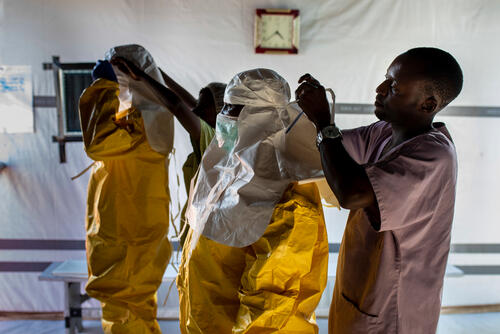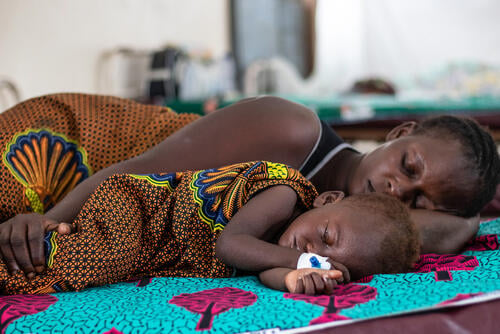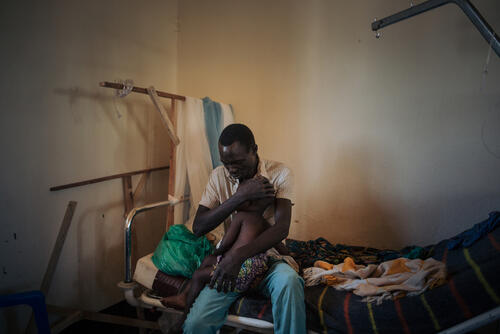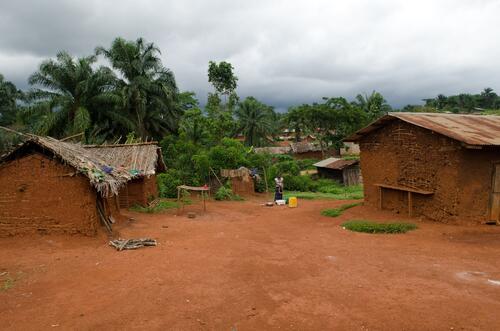It’s one year on since the tenth outbreak of Ebola in the Democratic Republic of Congo was declared. The epidemic, which has become the second-largest recorded anywhere and the worst on record in DRC, is still raging.
The current outbreak was declared on 1 August 2018, just days after the official end of DRC’s ninth outbreak of Ebola, in the country’s northwestern Equateur province.
Trish Newport, deputy manager of MSF’s Ebola programmes in the DRC, reflects on the outbreak and the response over the past year.
“I remember 24 July 2018 so clearly. It was the day the ninth Ebola outbreak in the Democratic Republic of the Congo was declared over. I had worked during the outbreak managing MSF's vaccination project. It was the first time that the experimental Ebola vaccine was used at the beginning of an outbreak to try and help control the outbreak.
The outbreak lasted less than three months, and I remember crying with joy and hope on 24 July when the outbreak was declared over. I naively thought that with this great vaccine the world would never have to face a large Ebola outbreak again. As has happened so many times in my humanitarian life, I was very wrong.
One week after the ninth Ebola outbreak in the DRC was officially over, the start of the tenth Ebola outbreak in the DRC was declared. Today marks the one-year anniversary of the start of the tenth outbreak, and it is not only still raging, it has become the world’s second-largest Ebola outbreak in history.
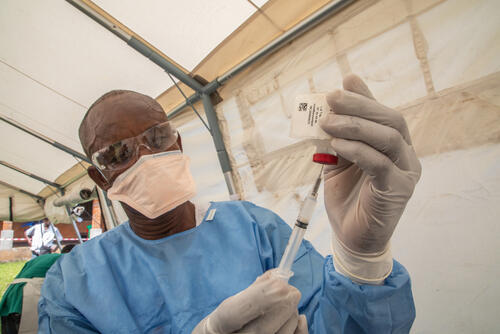
It has been a long, painful, deadly year for the people living in the Ebola-affected areas in DRC. Ebola treatment centres have been viciously attacked and destroyed, health workers have been murdered because they worked in the Ebola response, security forces “protecting” the Ebola response have killed civilians, and people continue to die of Ebola.
The Ebola response is made up of the Congolese Ministry of Health, the World Health Organization (WHO) and other international organisations. One of the biggest problems in the outbreak is that the response has never gained the trust of the local population.
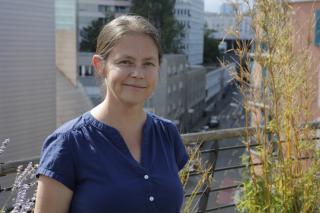
The outbreak is happening in an area that has been plagued in recent years by conflict and massacres of civilians. I once asked one of our local staff why there was so much anger towards the Ebola response.
She answered: “My husband was killed in a massacre in Beni. At that time, all I wanted was some organisation to come protect us from the killings, but no international organisation came. I have had three children die of malaria. No international organisation has ever come to work in this area to make sure we have access to health care or clean water. But now Ebola arrives, and all the organisations come because Ebola gives them money. If you cared about us, you would ask us our priorities. My priority is security and making sure my children don't die from malaria or diarrhoea. My priority is not Ebola, that is your priority”.
Last week the Ebola outbreak was declared a Public Health Emergency of International Concern. There are still many questions about what impact this will have on the actual response. What we do see is that even more money is being directed towards the Ebola response, but if there is no change in the way the Ebola outbreak is managed, if it doesn't gain the trust of people, more money won't do anything. It will just create more problems.
One of the greatest frustrations about this whole situation is that there is not only an effective Ebola vaccine available, there are also experimental treatments for Ebola. These are tools that were much less readily available in the West African Ebola outbreak, but if people don't trust the Ebola response, these tools will never be able to be used to their full potential.
In many areas people still refuse to go to Ebola treatment centres when they are sick, and other people still refuse the vaccine.Trish Newport, Deputy Manager of MSF’s Ebola programmes (DRC)
In February 2019, two of MSF's Ebola Treatment Centres in the epicentre of the outbreak were attacked. We didn't know who attacked the centres or why, and as we could no longer ensure the security of our staff or our patients, MSF took the painful decision to stop all activities in that specific area.
We were forced to review the problems we had been facing, and how we wanted to change our response to the Ebola outbreak. We determined that we needed to work more closely with the communities, and that we needed to listen to and respond to the health priorities of the affected communities.
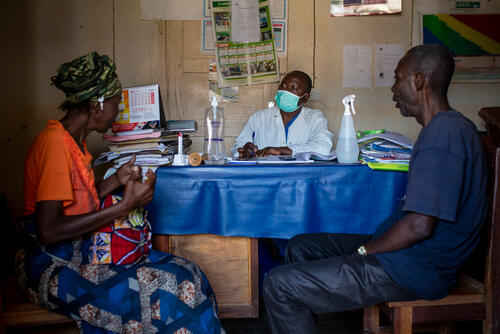
We began providing access to free health care for all illnesses that were affecting the population, like malaria, measles and diarrhoea. We began building wells, so that when we told people they needed to wash their hands to prevent the spread of Ebola, they had water to do so.
We set up centres for suspect Ebola cases in local health centres, so that suspect Ebola patients could be cared for in their community, instead of having to travel to other areas for testing and isolation. And by addressing the actual needs and health priorities of the population, we began gaining the trust of the community.
Sadly, this approach has still not been adopted by the overall Ebola response, and there remains an overall mistrust of the response. In many areas people still refuse to go to Ebola treatment centres when they are sick, and other people still refuse the vaccine.
When I see families and communities ripped apart by Ebola, it makes me so sad. It didn't have to be like this, and unless a drastic change happens in the management of the Ebola response, the outbreak is not going to end anytime soon.
One year into the outbreak and more than 2,600 people have gotten sick with Ebola, and more than 1,700 people have died of the disease. Today, at the one-year anniversary of the outbreak, my thoughts are with all of those people that have been affected by the illness. I hope that change comes soon.”



